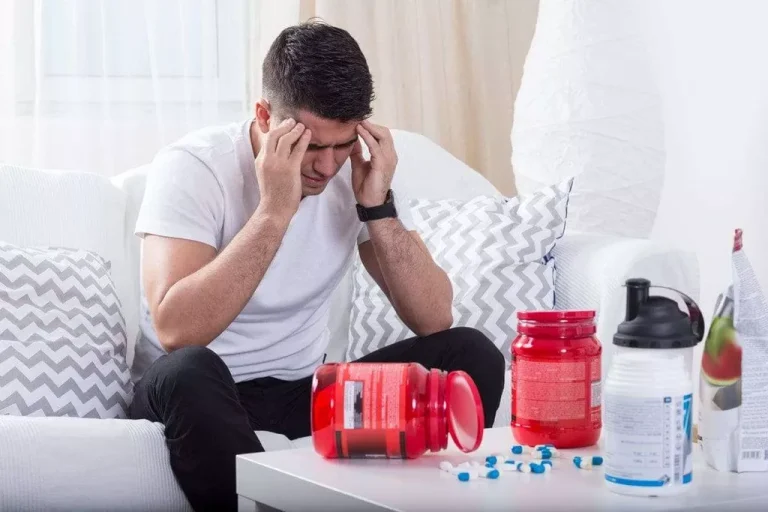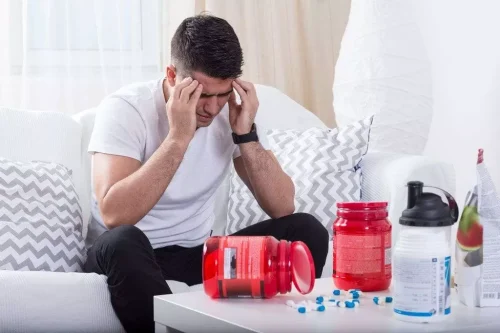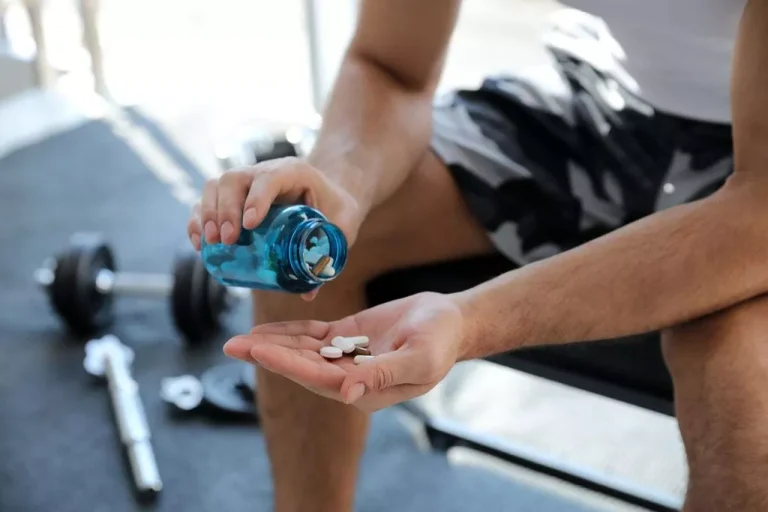
However, with larger amounts of alcohol, serious hypoglycaemia can occur. Our articles are fact-checked by Doctors, Diabetes Educators, Registered Dietitians, and other experts from our Medical Review Board. Diabetes Strong is committed to delivering content that is patient-focused and adheres to the highest standards for accuracy, objectivity, and trustworthiness.
How many carbs are in alcohol?
While quitting alcohol alone will not likely reverse your diabetes, reducing your alcohol intake can you get diabetes from drinking too much alcohol is a great way to start the process. When Virta member Richard gained weight several years ago, he attributed it to the COVID-19 pandemic and his love of home-brewed beer. Then, when he was diagnosed with type 2 diabetes, he naturally began to wonder if there was a link between type 2 diabetes and drinking alcohol.
- Then, when he was diagnosed with type 2 diabetes, he naturally began to wonder if there was a link between type 2 diabetes and drinking alcohol.
- As a person with diabetes—especially if you take insulin—it’s important to check your blood sugar very often in the hours after vomiting.
- Over time, high blood sugar levels can reduce your kidneys’ ability to function.
- You may know about the dangers of blood clots and high levels of fats and cholesterol in your body.
- Gestational diabetes usually goes away after the baby is born.
- Consuming alcohol during menopause can also increase the risk of heart disease and osteoporosis, says Dr. Jewel M. Kling, M.D., M.P.H., a physician with Mayo Clinic Women’s Health in Arizona.
How to treat hypoglycemia
The liver is also responsible for breaking down alcohol so the kidneys can flush it out of the body. If you only read one part of this article or send it to a friend, make it be this section. The Do’s and Don’ts provide a quick list of things that can save your life and make drinking alcohol safe. Also, if your blood sugar is not under good control, you should not drink because it can cause it to become too high or too low.
Benefits of Alcohol in Type 2 Diabetes
Drinking alcohol with Type 1 diabetes is especially dangerous because being intoxicated and hypoglycemia have the same symptoms. If you combine alcohol and drugs, you may not feel the effects of the alcohol. This may cause you to drink more, increasing your risk for an alcohol overdose.
- Normal fasting blood sugar levels should be in the range of 70–100 milligrams per deciliter (mg/dl).
- Talk to your doctor about your drinking habits and they can provide you with tips and tricks for how drink in a way that works for you.
- It also depends on how long it takes to get your body regulated and out of danger.
- As an added complication, there is a substantial overlap between the feeling of tipsiness (or drunkenness) and the symptoms of hypoglycemia.
- Alcohol reduces blood levels of testosterone and may thereby further exacerbate the existing hormonal deficit.
- In addition to interacting with metformin, alcohol can also affect your diabetes directly by lowering your blood sugar levels.

Brief Interventions are short, one-on-one or small-group counseling sessions that are time limited. The counselor provides information about the individual’s drinking pattern and potential risks. After the individual receives personalized feedback, the counselor will help set goals.

Alcohol can kill liver cells, and lead to scarring called cirrhosis. Long-term heavy use of alcohol also may give you alcoholic fatty liver disease, a sign that your liver doesn’t work as well as it should. Consuming snacks while Halfway house drinking alcohol can help mitigate episodes of hypoglycemia. Check glucose throughout consumption to understand whether more fast-acting carbohydrates or more insulin may be needed to balance the equation. It may be wise to set an alarm on a phone to wake up and check glucose for several hours after going to bed. “Alcohol can cause rapid changes in blood sugar in people with diabetes,” said Dr. Jordan Pinsker, Vice Present and Medical Director at Tandem Diabetes Care.

- If you have a meal rich in carbohydrate and consume alcohol at the same time, there will be an exaggerated response in insulin which will eventually result in hypoglycemia several hours after the meal.
- The combination of alcohol-induced hypoglycemia, hypoglycemic unawareness, and delayed recovery from hypoglycemia can lead to deleterious health consequences.
- For many people, the occasional glass of alcohol does not pose a problem.
On average, the liver can only breakdown one drink of alcohol per hour. However, for those with diabetes, it can be a struggle to maintain a safe blood sugar while drinking. It is very easy to become hypoglycemic (low blood sugar) or hyperglycemic (high blood sugar), depending on which type of diabetes you have and the medications that you take. Understanding the effects drinking has on diabetes is very important. Your height and weight determine how quickly your body absorbs alcohol. Someone with a smaller body may experience the effects of alcohol more rapidly than someone with a larger body.

When alcohol is in the system, it begins to clean the body of the alcohol and toxins, and stops secreting glucose. If you already have a low blood sugar, then it will only get lower, and can lead to many complications. Excessive alcohol consumption may cause chronic inflammation of the pancreas (pancreatitis), impairing its function and preventing insulin production. The lack of insulin then causes an increase in blood sugar levels, leading to type 2 diabetes. Two additional medications—metformin and troglitazone—are now being used to treat people with type 2 diabetes. These agents act to lower the patient’s blood sugar levels by decreasing insulin resistance rather than by increasing insulin secretion.

How does alcohol affect your blood sugar?
Severe hypoglycemia or “insulin shock” is an emergency and requires immediate medical care. It can potentially lead to comatose and death if not averted. Ross Wollen joined Everyday Health in 2021 and now works as a senior editor, often focusing on diabetes, obesity, heart health, and metabolic health. He previously spent over a decade as a chef and craft butcher in the San Francisco Bay Area.
Laisser un commentaire